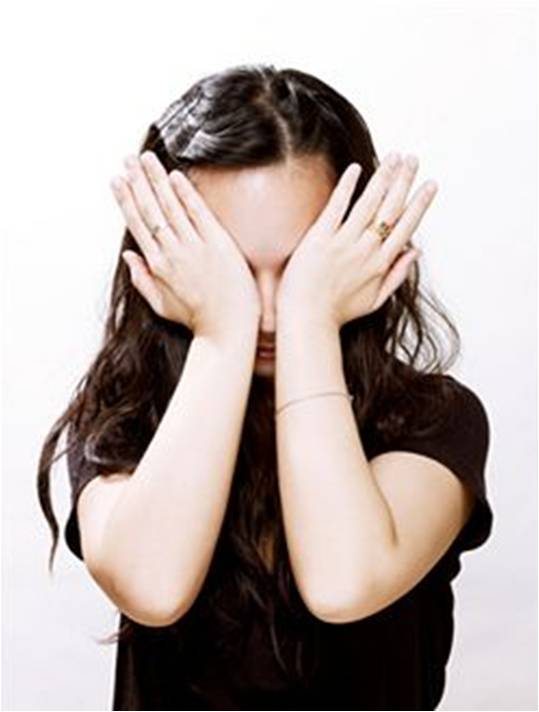
It’s not just hot and nasty out there, it’s dangerously hot, according to the National Weather Service in St. Louis.
The National Weather Service has issued an excessive heat warning that went into effect at noon and will remain in effect until Thursday evening for the entire St. Louis metropolitan area. Although the excessive heat warning is in effect until Thursday, meteorologists predict dangerous heat and humidity to persist beyond Thursday.
High temperatures are expected to reach 100 with heat indices soaring from 105 to 114 in the afternoon and early evening.
Because of the extended length of the expected dangerous heat indices, the elderly, children and pets are especially vulnerable to heat-related illnesses. those who live in homes or apartments without air conditioning and those who work outside are also at a greater risk for heat-related illnesses.
The United way of Greater St. Louis is reminding people that the temperature inside vehicles rises to fatal temperatures in a matter of minutes, and children or pets should never be left unattended in a car for any reason.
Information on cooling centers in the metropolitan St. Louis and Southwestern Illinois regions is available by calling United way at 2-1-1 on a landline or online at 211missouri.org. Cooling center information and information for senior citizens worried about not being able to pay for air-conditioning is also available at 800-427-4626. All calls are free and confidential and available 24 hours a day, seven days a week, 365 days per year.
Here’s some tips on keeping cool and safe during dangerous temperatures from Operation Weather Survival:
* Stay out of the direct sun and heat — Spend as many hours as possible in a cool place. Minimize physical activity. Take cool baths or showers; use cool towels. Wear lightweight, light-colored, loose fitting clothing.
* Drink plenty of water or natural juices — Cool drinks help to replenish fluid losses because of increased perspiration in high temperature. Drink at least six to eight glasses of fluids every day. Avoid alcohol and caffeine as they cause your body to lose more water. keep a few bottles of water in your freezer — if the power goes out, move them to your refrigerator and keep the doors shut.
* Eat regularly — Prepare easy, cool, light items. Fresh vegetable salads, tuna and meat salads, fresh fruit mixtures, whole grain products and cheeses can all contribute to cool nutritious summer meals. Hot soups and casseroles and other products served hot can make you warmer at meal-time. Avoid using ovens.
* Develop a buddy system with family, friends, or neighbors — Develop a personal support network of people who will check in with you at least twice a day throughout warm weather periods, and plan how you will help each other in an emergency. Watch for signs of heat stroke and/or heat exhaustion. call for help when needed.
* plan ahead — Ask your doctor about any prescription medicine you keep refrigerated. Most medicine will be fine to leave in a closed refrigerator for at least 3 hours. make plans for any animals and pets. keep a battery-operated radio on hand to hear news reports and a flashlight handy for lighting. Remember extra batteries. Do not use candles; they are fire hazards. Cordless phones might not operate during power outages so keep a corded phone handy or plugged in to another jack.
* keep cool — Close your curtains and windows in the morning to keep the sun and heat out of your home. Open windows and doors at night to cool inside temperatures. keep electric lights off or turned down. If you don’t have air conditioning, leave your home and go to a cool, safe place.
* call 911 if you or anyone you know needs medical attention.
* Heat exhaustion — caused by the loss of normal fluids and salts in the body as a result of exposure to heat. Symptoms of heat exhaustion include: Cool, clammy skin; a body temperature of up to 103 degrees; weak, rapid pulse; shallow and quiet breaths and muscles that may be tense or contracted. Treatment includes keeping the person quiet and resting in a cool place an increasing the intake of cool, non-alcoholic, non-caffeinated fluids. Consult a doctor immediately if the person is elderly.
* Heat stroke — a more serious illness resulting for direct exposure to high temperatures or the sun. Symptoms include: dizziness, weakness, nausea; seeing spots, ringing in the ears, bright red, dry skin, rapid, strong pulse and a body temperature of more than 103 degrees. Treatment includes rapidly cooling off the person and taking the person to an emergency room.